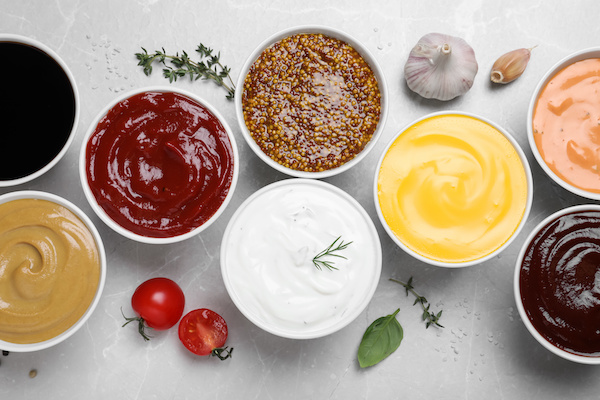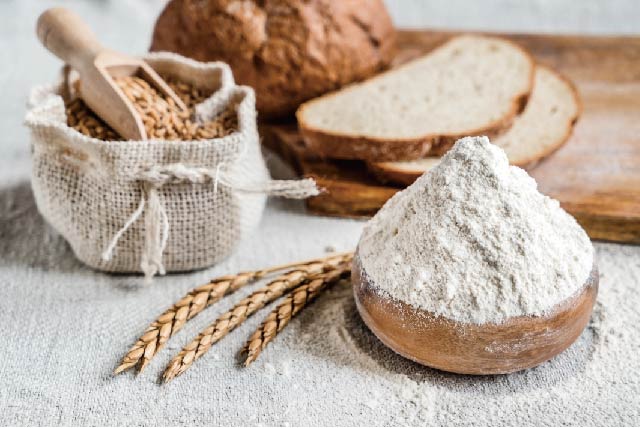-
Home > News & Events > Blog > Enzymes
Peptides are formed by the combination of two or more amino acids through the amino group of one amino acid and the carboxyl group of another amino acid. They have attracted widespread attention due to their important biological functions such as antioxidant, antimicrobial, and immune-regulating properties. In fact, during food processing, peptides not only impart biological functionality to food but also provide basic taste components. The various taste effects of peptides in food are the most fundamental and traditional. Different peptides exhibit diverse taste sensations due to variations in peptide chain length, amino acid composition, and structural arrangement. Additionally, peptides can be found for the five basic tastes: sour, sweet, bitter, salty, and umami.

The sweetness generated by sweet taste peptides is related to the positive and negative charges they carry and the hydrophilicity of their amino acid residues. When the peptide residues carry a positive charge, they may bind specifically to sweet taste receptors and produce a sweet taste. The intensity of sweetness decreases as the number of positively charged residues decreases and the number of negatively charged residues increases. Bitter taste peptides have a wide range of types and sources. Peptides of plant origin often exhibit bitterness, such as soybeans, wheat, and other enzymatic hydrolysis products. When the hydrophobicity value of a protein is high, neutral or alkaline proteolysis without exo-peptidases can produce a strong bitter taste. On the other hand, proteins with low hydrophobicity values result in less pronounced taste sensations in their hydrolysates.
Umami is the fifth basic taste, differentiating from sour, sweet, bitter, and salty tastes. It plays a crucial role in the flavor, palatability, and acceptability of food. Compared to amino acid-based umami flavor agents, umami taste peptides offer a softer, more mellow umami taste with a pleasant aftertaste. They also exhibit synergistic effects when combined with other umami flavor agents.
Peptides not only directly contribute to the basic tastes but also interact with other flavor substances, significantly enhancing or modifying the original taste. In food, they can undergo a series of reactions with reducing sugars, amino acids, fatty acids, and other substances. For example, the Maillard reaction between peptides and reducing sugars can produce unique aromas, and the volatile aromatic compounds generated in this reaction are more abundant than those produced by other precursors.
Peptides possess excellent flavor characteristics, and how to use enzyme to produce flavor peptides and give food a perfect flavor is our research direction.. Annzyme protease series products can hydrolyze animal and plant proteins into small peptides, obtaining peptides with various functions.
About Angel:
Angel Yeast Company is a high-tech listed company specializing in yeast and biotech. Product business covers Yeast and Baking, Yeast Extract-Savoury, Nutrition & Health and Biotechnology fields. It is one of the world's leading companies in the yeast industry. Angel has 12 holding subsidiaries and provides products and services for more than 150 countries and regions.
Press contact:
Angel Yeast Co., Ltd.
Address: 168 Chengdong Avenue, Yichang, Hubei, P. R. China
Tel: +86-717-6369520
Fax: +86-717-6370680
Email: lili@angelyeast.com




